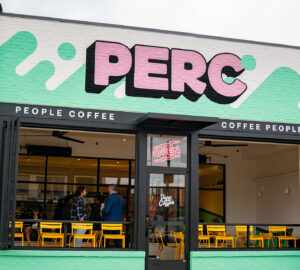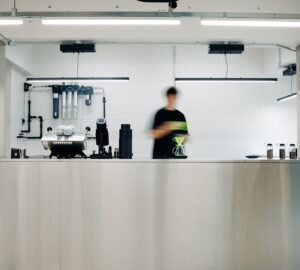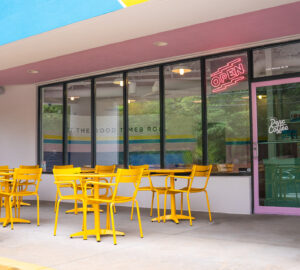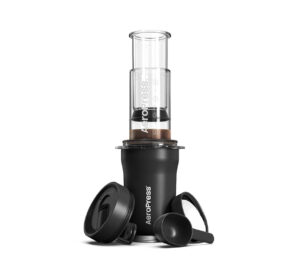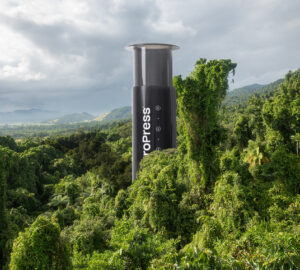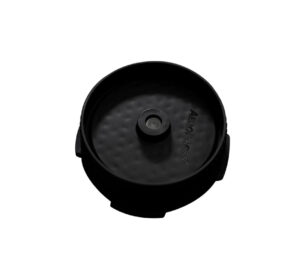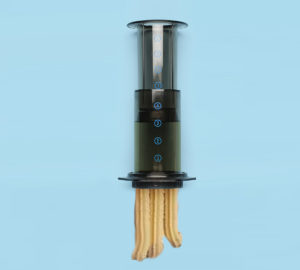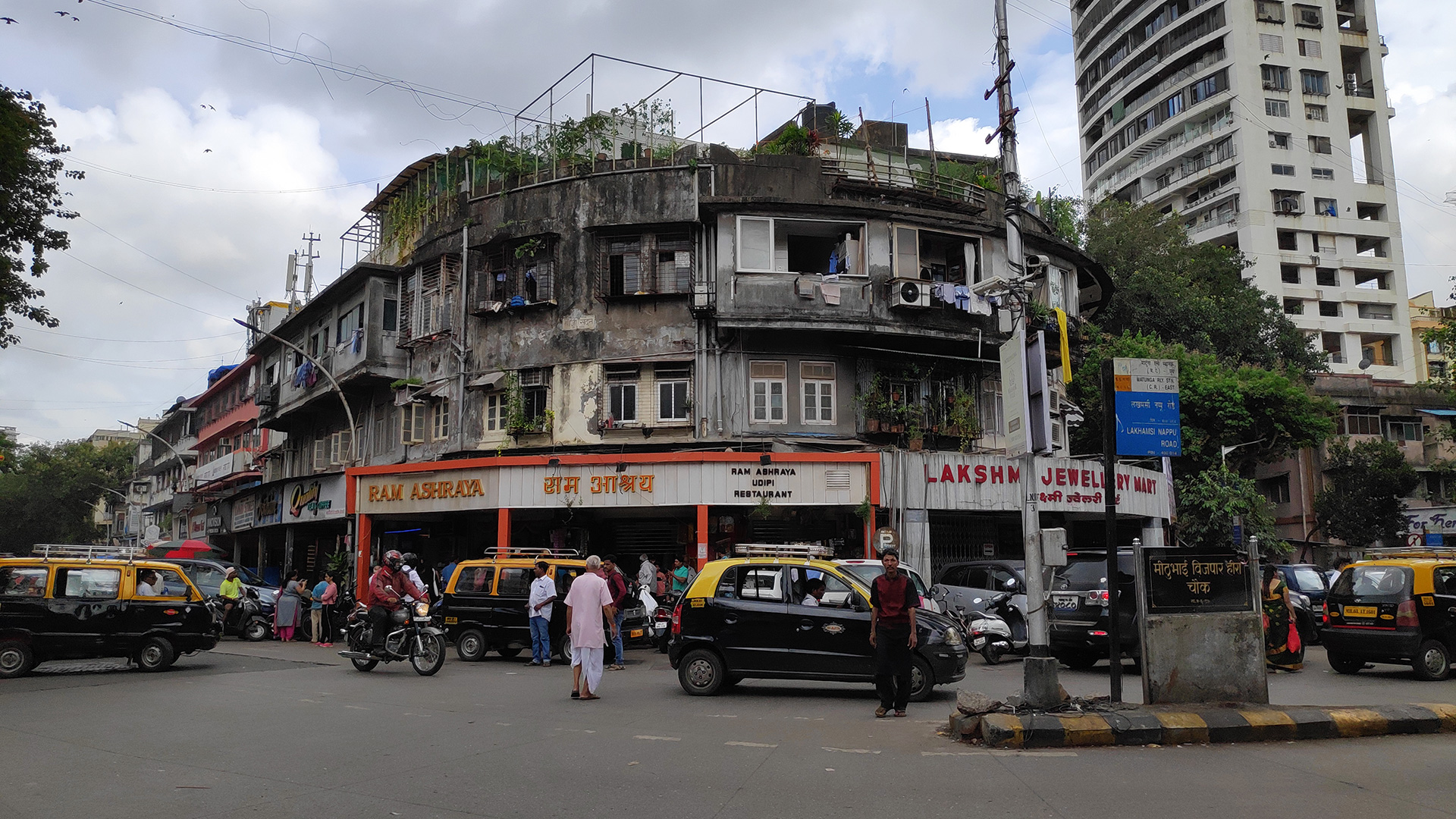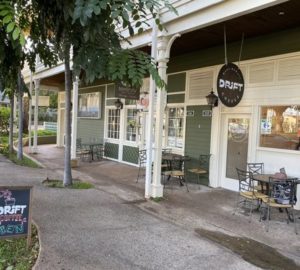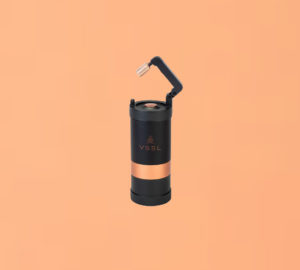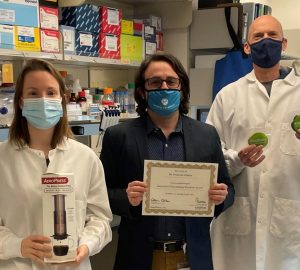
When I think of my father these days, I see him on the sofa with a mug by his side. Sometimes tea. Mostly coffee. He’s reading a book, or doing sudoku. Sometimes he’s watching a movie.
This began after the brain aneurysm, when he didn’t have work anymore. He went for walks in the mornings to the library, wandered the mystery section, and read the paper. Afterwards, he ambled on home, scooped Nescafe into a mug, and made coffee.
It would often go cold, that coffee. It sat faithfully by his side during Jackie Chan movies, or Japanese television dramas. Maybe a Jack Reacher novel. My father lost weight, grew wrinkles, and became forgetful, but his smile and that cup of coffee remained unchanged.
When I lived in Nagasaki, my father was diagnosed with brain cancer. I came home not long after, and we sat together. We read books and watched movies. I didn’t drink coffee then. But as I sipped from a glass of water, I stared at the smooth patches on his head from the radiotherapy and thought about human fragility. I watched his mug of coffee grow cold, and poured the remains into the sink.
I’ve made a home in Tokyo since then. Built a career. Met wonderful, passionate people to write stories about. Lived a different kind of life, and experienced another kind of world. But time still passed, back home. My father sat with his books and his coffee, the same as always, but he aged. Grew frail, slow, sleepy. He shuffled instead of walked. Put a walking stick in the lounge room. Got a walking frame. Had hand rails installed in the bathroom.
Three years away from home. Three years. But when I returned for Christmas, everything was as I remembered—just a thin film of dust on the shelves, DVDs, and books; reminders of the unstoppable passage of time.
I don’t know why, but I thought that—hoped that—time might have stopped while I was away.
I brought my AeroPress, this time. A Porlex grinder. A scale and thermometer. The Step blend from About Life Coffee Roasters, courtesy of Onibus.
My dad sat staring out the window while I vacuumed, wiped, cleaned, and tidied. By his side sat an empty mug.
“You want a cup of coffee, dad?”
“Oh, alright.”
I weighed some beans and put them in the grinder. Turned the handle. Ground. On a whim, I took the grinder to the couch. Had my father smell it.
His eyes lit up in surprise.
“Wow,” he said, “this is the authentic stuff.”
Back in the kitchen, I got started. The process was no different from usual. A few minor adjustments. There’s no secret to the AeroPress. To coffee, really. You experiment until you have something you like, and that’s it. It takes time, but really, it’s that simple.
I took a small sip from the finished brew, and took it to the lounge room. I watched my father bring the mug to his nose. He sniffed. Smiled.
“Go on,” I said, “have a taste.” He brought the coffee to his lips. Sipped.
“Oh,” he said, looking at the mug for a moment. It was a moment that Lingered. Hung. Stretched.
And then he smiled.
“Fantastic,” he said. “Just wonderful.”
I smiled, too. And later, I cried.
Sometimes a cup of coffee is more than a cup of coffee. Sometimes it conveys a message, tells a story. Sometimes, it encapsulates three years of your life and what you’ve done with it. What you’ve learned and experienced. The person you’ve become.
Coffee can make for a humble, feeble cup of apology. For being away, for missing time that is priceless and irreplaceable. Because time rolls on, and the world spins. The clock ticks.
And I realized that all I could do was make the most of the time we had now, and to do something meaningful with that time and the way we spent it. To share my happiness, in the hopes it might make him happy, too. I could, with each morning, and with each cup of coffee, put a smile on the face of the man I looked up to. The man I thought of, and think of, as my hero.
Specialty coffee isn’t always just the beans, I thought, as I washed the AeroPress. It can be the creation of a special experience, for a special person. It can be a moment in time that links the person who brews the coffee, to the person who drinks it. And there’s power there. Care. Empathy. Love.
That day, after washing the AeroPress and cleaning the Porlex, I returned to the lounge and found my father asleep, a sudoku book slumped upon his lap. Beside him, sat his mug, the same as always. I leaned down to pick it up, but stopped a moment. Stared.
For the first time I could remember, his mug was empty.
It felt like a small step. The smallest step.
And yet, I couldn’t have been happier.
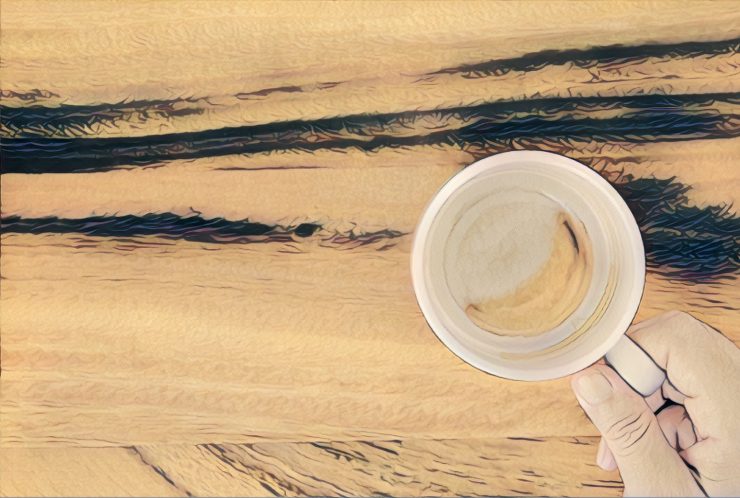
Hengtee Lim is a Sprudge staff writer based in Tokyo. Read more Hengtee Lim on Sprudge.

















